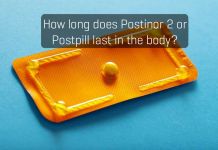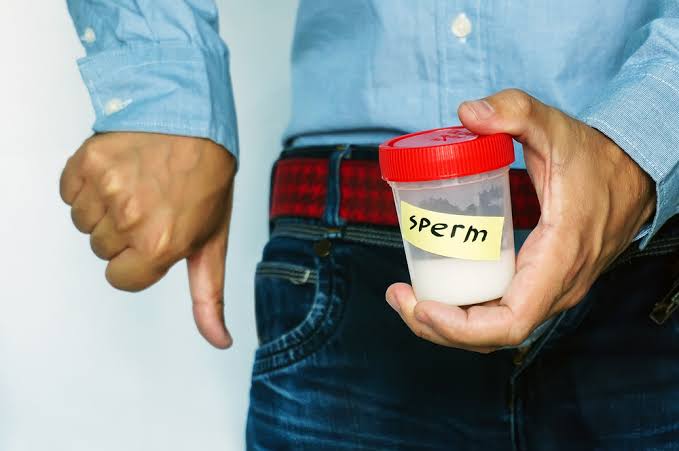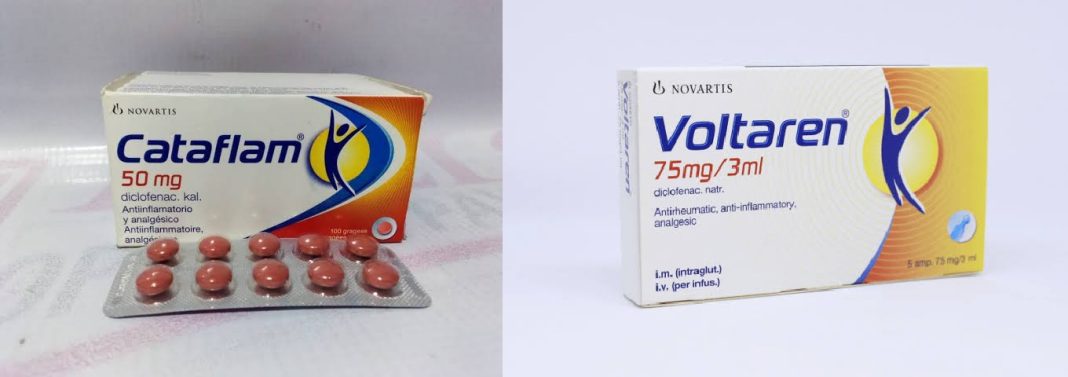Difference between cataflam and voltaren – Diclofenac Sodium Vs Diclofenac Potassium
Diclofenac sodium (Voltaren) is different from Diclofenac potassium (Cataflam).
Let me explain:
Diclofenac potassium has a very fast onset of action; as such, it is used when a fast and rapid onset of action is required. It’s mainly used for acute pains like tooth pain, pains due to accident injuries, and the like
while
Diclofenac sodium has a slow onset of action, and because of this slow onset of action, it acts longer. As such, it is usually used for chronic pains like chronic rheumatoid arthritis to reduce inflammation.
Diclofenac potassium (Cataflam) is not suitable for the management of chronic pains, and when an immediate action is needed, diclofenac sodium (Voltaren) is not suitable.
The main reason why I am putting out this tweet is that some people don’t know the difference. The doctor might prescribe diclofenac potassium for you; you visit a drug store to get it, but they don’t have it, so they now give you diclofenac sodium. You see, there is a problem.
Maybe it’s toothache and the drug was supposed to take effect immediately to relieve your pain, but it takes aegis. Maybe it’s a chronic pain that needs the drug to act longer but surprisingly it doesn’t, then you end up even taking above the recommended dose which is very bad.

I will also like to correct something. Some people believe diclofenac potassium is better for people with ulcer while diclofenac sodium is bad.
Long story short, both diclofenac potassium and diclofenac sodium are not suitable for people with stomach ulcers, they will both inhibit the cyclooxygenase enzymes and the effect will be same.
Additional knowledge:
If you’re living with hypertension or heart issues, you are not to use diclofenac. Talk to your doctor or your healthcare provider about this. This is because diclofenac can worsen it. You can only use it under the supervision of your doctor or healthcare provider.
If you have ulcer, you are not to use diclofenac, if you are to use it, take it with food. Very important, why? Taking it with food reduces the side effects it has on the stomach as it can cause ulcer or make ulcer worse if you already do have ulcer. Eat first.
Don’t take more than the prescribed dose, you do more harm than good to yourself by taking higher than the prescribed dose.
If you feel it’s (diclofenac) not providing enough relief or it’s not providing the needed relief, see your healthcare provider, they can pair it with another pain reliever than won’t result in higher adverse effects.
If it seems nothing is happening or your pain is getting worse, see your healthcare provider. So that the source of the problem might be looked into, why?
This is because if what causes the pain is not attended to, the pain will always return.
Focus on the cause not the symptoms.
Handle the root cause, what is that thing that is causing this pain, this inflammation. Handle that thing, maybe you might need a scan or so.
Once the cause of the pain is arrested you won’t need to continue taking pain relievers but if you don’t handle the cause, it continues.
Also, if you are pregnant or breastfeeding, speak to your doctor or your healthcare provider first before using diclofenac, this is because diclofenac can harm the fetus, you might give birth to a child with low birth weight or breathing problems, and while breastfeeding, if you are to use it, speak to your healthcare provider. Only use it short term and only use low doses. Don’t take large doses of diclofenac when you are still breastfeeding, please.
If the pain is still severe, speak with your healthcare provider so that a different class of drug is used to augment it. Don’t take a higher dose.
Finally, don’t combine two NSAIDs (eg diclofenac and ibuprofen). Don’t combine an NSAID (eg diclofenac) with a corticosteroid or steroidal drug (eg dexamethasone), you will suffer more adverse effects.
Two years ago, there was a case where someone suffered gastrointestinal bleeding, what happened?
He was already using diclofenac, he went to a drug store to get pain meds as to him the diclofenac is not working enough, he didn’t tell them he was on any med and they didn’t ask him too, the person there still gave him two different NSAIDs (profit must be made, drug must sell), meaning he used three NSAIDs,
The three drugs basically do the same thing, of the same class, and same side effects, he was rushed to the hospital and was lucky to survive it.
NSAIDs are rarely curative. They don’t cure what causes pain, they handle the symptoms. Keep that in mind. Always.
Sub-Pharmacist
























